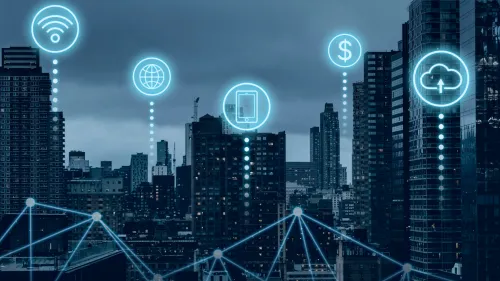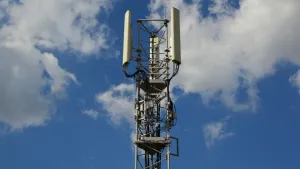
Connectivity market to reach $55b by 2023: KPMG
This is due to the integration of 5G and edge computing.
The worth of connectivity across five industries will reach $55b by 2023 with its improvement backed by the intersection of 5G and edge computing, according to KPMG.
Darren Yong, head of Technology, Media and Telecommunications at KPMG Asia Pacific, said cited a KPMG research estimated the combined markets for connectivity, software, hardware and services across industrial manufacturing, connected healthcare, intelligent transportation, environmental monitoring and gaming, to reach over $500b by 2023.
This will be driven by the improved connectivity which will account for 11% or $55b of the $500b.
“This is a sobering prospect for telcos when it comes to their traditional revenue sources – hence, we are also seeing telcos worldwide and in Singapore transforming themselves into technology companies,” Yong said.
Yong said 5G is expected to take three and a half years to acquire one billion users, compared to four years for 5G and 12 years for 3G, due to its affordable cost, ease of deployment and various applications for a range of use cases. In Singapore, at least half of the nation is expected to be covered by 5G networks by mid-2023, with nationwide coverage by 2025.
5G applications will enable wireless connected robotics and fully automated assembly lines which will help transform manufacturing and remove the need for human operators, Yong said.
This will also improve the healthcare sector as this will improve the data-populated communication networks which will allow responders to react faster. 5G networks will also allow hospitals to tap advanced diagnostics, 3D imaging, and wireless connections to robotic medical instruments in near real-time, enabling to conduct of virtual/remote surgery.
On the consumer side, 5G will help propel the growth of virtual travel and immersive experiences, as well as autonomous drones and transport. This is also vital for the development of the metaverse.
Businesses can also benefit from 5G as this will improve their efficiency and productivity and open new revenue opportunities.
“Digitising infrastructure – and streamlining existing digitised mechanisms – will significantly impact sectors that have historically not integrated technology into their process or relied on less efficient technology that may need to be digitised (for example, in manufacturing, utilities, logistics, infrastructure, etc),” Yong said, adding that, digitalising the economy as a whole will augment value across the supply chain.
5G will also provide more opportunities for the developer community in Singapore, including data scientists, engineers and software experts, to invent new approaches and redesign current processes.
Yong said this technology has superior inbuilt security than 4G, but as it enables more operations in “dynamic, non-linear environments, the increased number of end-points, interactions and intrusion points in such increasingly complex ecosystems bring concern.”
“A more comprehensive enterprise risk framework, integration with other technologies – such as real-time monitoring – and enhanced cyber security are starting points in better anticipating and managing these risks,” he said.
He added that policies, governance, roles, and procedures related to data are needed to ensure its timely integration.














